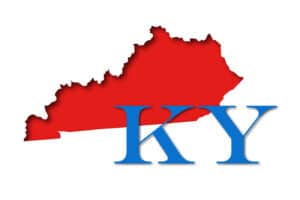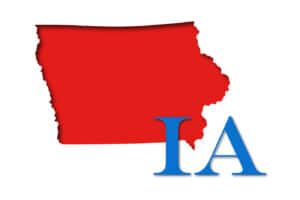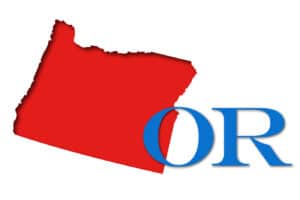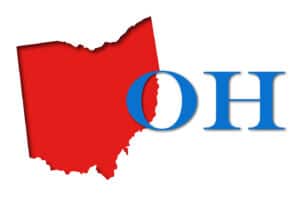A new Senate bill introduced September 2012, S. 3538, would reduce administrative burdens and complexities for certain local public housing agencies (PHAs) that administer federal low-income housing programs. The purpose of the legislative measure is for PHAs to realize administrative savings, but the Center for Budget and Policy Priorities (CBPP) says the measure could potentially increase federal costs, as well as lead to fewer low-income families receiving federal assistance and increased rents for a substantial number of vulnerable households.
S. 3538 would focus on streamlining the operations of small local housing agencies. Small PHAs are those that administer 550 or fewer public housing units and Section 8 vouchers. While these PHAs make up 74 percent of the nation’s nearly 4,000 PHAs, they only administer 13 percent of all public housing units and vouchers. The problem, CPBB says, is that the bill seeks to eliminate various public housing rules and safeguards as they apply to small PHAs and reroutes accountability for these agencies from the federal government to local communities. However, as CBPP points out, this move would be counterproductive since the federal government pays all of the costs of these programs and has a direct incentive for their success. As CPBB notes, a sounder alternative would be to address directly the overly complex administrative structure that results from delivering housing assistance through such a large number of agencies and to simplify various specific rules in a judicious manner.
The bill does include two notable proposals that could be promising for reducing administrative burdens for small PHAs. The first would encourage small agencies to join together in a consortia and drastically reduce reporting burdens for agencies that choose to join. CPBB suggests that a consortium would allow two or more agencies to realize economies of scale in some aspects of program operations. Another noteworthy provision within S. 3538, says CPBB, would enable small agencies to convert public housing properties to project-based Section 8 assistance. This would help preserve affordable housing by enabling agencies to leverage private financing to make needed repairs.
Overall, while S. 3538 presents a few notable proposals which could improve PHA operations, the CPBB suggests that the Affordable Housing and Self-Sufficiency Improvement Act (AHISSA) offers a sounder general approach to agency streamlining.
Click here to read the Center for Budget and Policy Priorities report.
Click here to read S. 3538.
Click here to read the latest draft of AHISSA.



